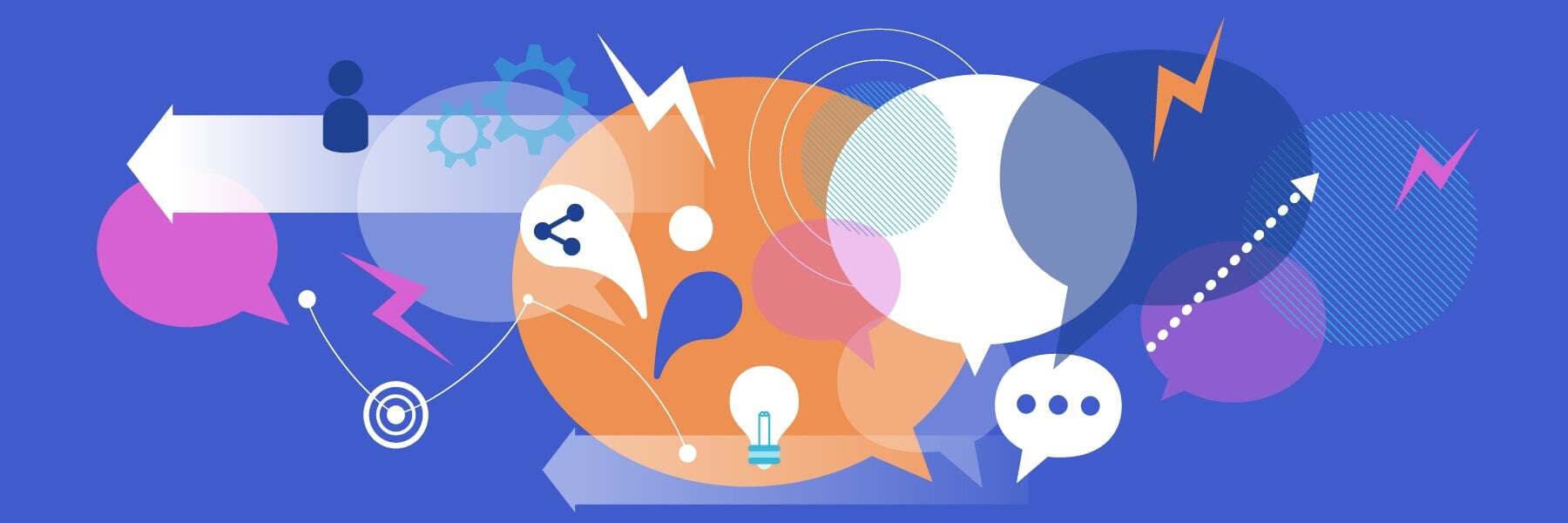
Failure Is How You Win
When Thomas Edison was working on a new invention, his friend Walter S. Mallory stopped by the lab. Surveying the many test cells on the bench, Mallory murmured something sympathetic about Edison’s lack of results.
“Results,” Edison replied with a grin. “Why, man, I have gotten lots of results! I know several thousand things that won't work!"
That invention turned out to be the nickel-iron battery which went on to make money for 69 years.
Fast forward and testing and failing are still the drivers of success. Think about testing powerhouses like Amazon, Netflix and Expedia which have embraced failure and created a culture of experimentation to win.
There is no excuse not to test relentlessly, especially for anything digital, but most companies still don’t. Or if they do, it’s often painfully slow. So, if everyone knows it’s the only way to win, why aren’t more companies comfortable with it?
A big reason is that it’s not easy. Consumer preferences are constantly shifting. Attention spans are short. The market is fragmented, intensely competitive and moving at light speed. The old playbook – your past string of successes – generally won’t get you to the same place again. And what you thought you knew about your customers, well, they constantly remind us that you aren’t as good as you think you are.
It means you need to focus on your goals, iterate until you find the right answers and make sure customer data is driving decisions. It also means you’ll be wrong. A lot. And that’s good. Testing is the linchpin of marketing success because it makes room to fail.
So, are you ready to start failing? Here are three good reasons why.
Failure answers questions.
As capable as you are, you can never know what’s going through the minds of your customers at all times in every situation. You don’t know what they’re thinking or feeling at the precise moment they see your ad. You don’t see the alternatives they see. Their frame of reference is definitively not yours.
You can make an educated guess, of course. And most good marketers will get this guess 60 to 70% right.
But your competitors who test are good marketers, too. And as they test, they’re learning things about that remaining 30 to 40% that you’re not. Things that will help them narrow the gap dramatically – and beat you in the marketplace.
Failure saves work.
By now, we all realize that what lands online tends to stay online. There’s no getting it back once released into the wild. The Internet is forever!
That’s true enough, as far as it goes. But in marketing, it’s also mostly irrelevant.
There are only two kinds of campaigns people remember long-term: the truly great and the truly awful. If your campaign ended up in the great category, I doubt you’d mind. And you’d probably have to work at it to achieve this level of awful.
So why deliberate? In the time it takes your team to identify one good ad – or landing page, headline or creative – your audience can identify dozens for you. And you’ll know which part of your audience responds to each one of those dozens.
That prompted marketers to avoid testing, which left them with little data on which to sell their ideas. The point is, it’s okay to skip the endless rounds of reviews. There’s no need to approach campaigns as a multi-million-dollar gamble, when the technology exists to conduct rapid-fire testing at scale. Just test what you have. Even if you don’t think it’s perfect. The Internet won’t hold it against you.
Failure improves marketing’s credibility.
Don’t believe me? Look at it this way.
Testing has always been a best practice. But until recently, it had its own risks because the effort required to do it effectively – through focus groups, A/B mailings and manual spreadsheets – made it a political football. If a test improved results, it threw shade on your previous efforts. If it failed, why, then you just wasted the company’s time and money.
However, digital marketing and AI-powered algorithms have scaled back the resource commitment. Today, it’s possible to automatically run hundreds of thousands of tests every day, against an infinite number of variables. Successes and failures can reveal themselves simultaneously.
For all these reasons, companies are putting failure to work for them. For example, Expedia took its ‘test and learn’ approach to six documentary ads, basing subsequent iterations and refinements not on their own opinions but on what the data told them. Amazon experimented with video ads based on each user’s personal interests. And Netflix, which A/B tests pretty much everything, makes sure product changes are driven by actual customer data, and not opinionated employees.
These companies are taking every advantage of granular data to acquire new customers in shorter and shorter periods of time. Sure, testing might show their favorite idea is ineffective. But they don’t mind being wrong because they want to win.
What about you? Would you rather be right – or successful?